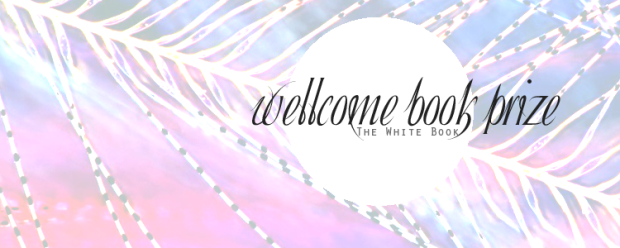

★★★★
One of my many mini-challenges to myself in 2019 is to read more translated fiction, and a good place to start with any translated fiction is publishers which specialise in it. As I always seem to go for the same few publishers for translated fiction I decided to do a bit of research and branch out this time around which is how I discovered Peirene. I had previously heard of them, but just never picked anything up from them (so they disappeared from my memory, bad Ashleigh.) Anyway, I decided to go over to their website to see what they had on offer and was happy to find a number of books from countries I’ve never read before. Including this little gem from Iceland.
The blurb says that this book all takes place in 2 minutes, and that is sort of the case. What I thought it was and what it became were very different things in that I thought it was from one persons perspective, but it wasn’t. The book is a series of vignettes, from a series of individuals who all have one thing in common – the village in which they live. The main thread of the book is that the narrative takes place over a two minute bike journey which Kata – the choir conductor – takes through the village to the concert that evening. Each vignette from there is a snapshot in to the life of different villagers – some she encounters herself, others who observe her from their homes – sometimes we’re in the present but often we’re in the past.
With chapter exploring a different person it becomes more interesting the further in to it you get. I love seeing how characters from one persons past fit in to another past, or hearing a story from the other side of the fence. It really does bring the village alive, everyone is involved in everyone elses lives in one way or another. People have secrets, people have pasts, some people left the village and inevitably find themselves coming back, others have come to the village with no previous ties to it to escape from the city.
The writing in this book, and therefore also the translation, were beautiful. Parts of this were so, so poetic. I loved the more atmospheric descriptions of the landscape and whatnot, I’m a sucker for beautifully described nature and this was spot on for me. If this is the quality of all books published by Peirene I absolutely cannot wait to get my hands on my next one from them (and bonus, some of the eBooks are 99p on the Kindle store at the moment, which cannot be snuffed at).












